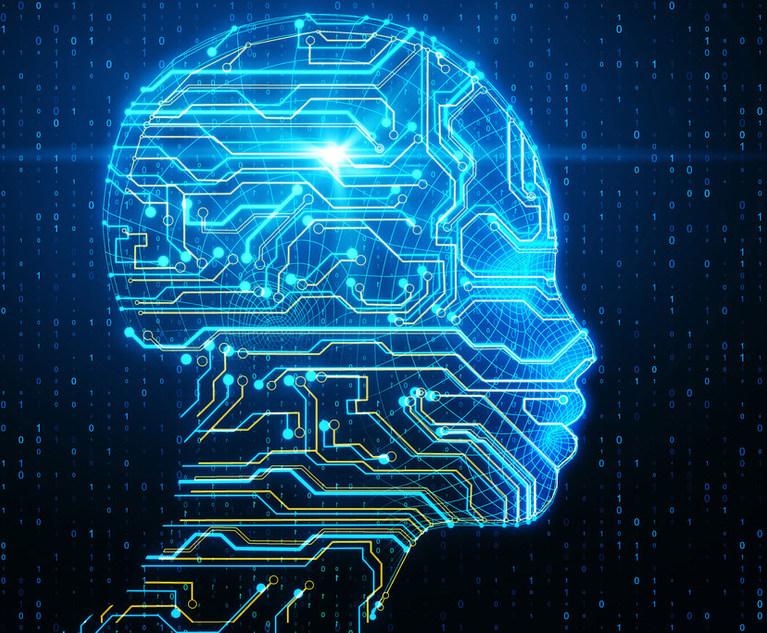In the race to innovate, developers must consider how data use could impact ownership of their technology. Data is the fuel for software development, and developers use historical data from existing products to train algorithms and build AI and machine learning models. Companies are well aware of privacy and regulatory restrictions on data use, but often do not consider the potential impact of data use restrictions on intellectual property ownership and use rights.
In the United States, contracts are the most important source of rights and restrictions for data use, laying out between companies what is acceptable data use and what isn’t. However, copyright law does provide limited protection for compilations of data, so companies should still analyze copyright infringement principles and defenses — as well as other potential claims — when dependence on third-party data is central to the technology development process
This content has been archived. It is available through our partners, LexisNexis® and Bloomberg Law.
To view this content, please continue to their sites.
Not a Lexis Subscriber?
Subscribe Now
Not a Bloomberg Law Subscriber?
Subscribe Now
LexisNexis® and Bloomberg Law are third party online distributors of the broad collection of current and archived versions of ALM's legal news publications. LexisNexis® and Bloomberg Law customers are able to access and use ALM's content, including content from the National Law Journal, The American Lawyer, Legaltech News, The New York Law Journal, and Corporate Counsel, as well as other sources of legal information.
For questions call 1-877-256-2472 or contact us at [email protected]









